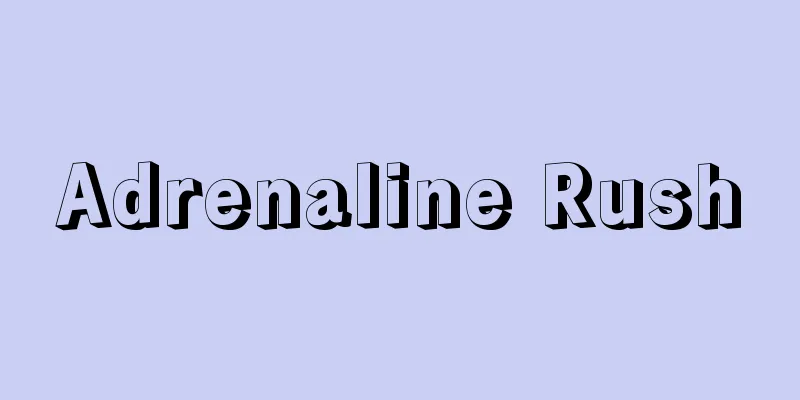Tips for itchy nose

|
Itching inside the nose is very common in life. When encountering this situation, everyone likes to dig with their fingers to relieve the discomfort. In fact, itchy nose is considered a common symptom of rhinitis in traditional Chinese medicine. The main symptoms include dryness and itching in the nose. Especially some relatively dry climates are more likely to induce rhinitis. So, what should we do when faced with itching in the nose? 1. Avoid contact with allergens (1) The number of dust mites in the room should be less than 20/m2; maintain the relative humidity of the living space below 60%, but too low (such as below 30%-40%) will cause discomfort; sweep the carpet; wash bedding and curtains. Mite allergens are soluble in water, and washing textiles can remove most of the allergens; use air purifiers and vacuum cleaners with filters. (2) Avoid allergens during the corresponding pollen allergy season. (3) Patients who are allergic to animal fur should avoid allergens. 2. Drug treatment Intranasal and oral administration are commonly used, and the efficacy may vary between different patients. There is no long-term sustained efficacy after discontinuation of the drug, so maintenance treatment is required for persistent allergic rhinitis. Prolonged treatment does not lead to rapid drug resistance. Intranasal administration has many advantages. High concentrations of drugs can act directly on the nose, avoiding or reducing systemic side effects. However, for patients with other allergic diseases, drugs need to act on different target organs, and intranasal administration is not the best choice. Systemic drug treatment is recommended. (1) Antihistamines Oral or nasal second-generation or new H1 antihistamines can effectively relieve symptoms such as nasal itching, sneezing and runny nose. It is suitable for mild intermittent and mild persistent allergic rhinitis, and can be used in combination with nasal corticosteroids to treat moderate to severe allergic rhinitis. (2) Nasal corticosteroids can effectively relieve symptoms such as nasal congestion, runny nose and sneezing. For critically ill patients who do not respond to other drug treatments or cannot tolerate nasal medications, oral corticosteroids can be used for short-term treatment. (3) Anti-leukotriene drugs are effective for allergic rhinitis and asthma. (4) Chromone drugs are effective in relieving nasal symptoms, and eye drops are effective in relieving eye symptoms. (5) Intranasal decongestants can relieve nasal congestion symptoms caused by nasal congestion, and the course of treatment should be controlled within 7 days. (6) Intranasal anticholine drugs can effectively suppress runny nose. (7) Some Chinese medicines are effective in relieving symptoms. The treatment principles for children and the elderly are the same as those for adults, but special attention should be paid to avoiding adverse drug reactions. (8) Pregnant patients should use various drugs with caution. |
<<: What to do if your nose is always blocked
>>: What to do if your nose is oily
Recommend
How to deal with sunburn during military training_What to do if you get sunburned during military training
Military training is a must for every college stu...
Sometimes I feel a warm current behind my heels
The foot is a very important part of the human bo...
Purple wolfberry efficacy and function
The functions and effects of purple wolfberry are...
What are the treatments for lumbar lordosis?
The health of the lumbar spine has a great impact...
How to wash oil stains on down jackets
With the arrival of winter, many people start to ...
Is it better to have a rhinoplasty with thread carving or a prosthesis
In modern society, rhinoplasty surgery has been r...
What is the cause of toothache?
There are many types of toothaches. Some of them ...
Analysis of what are the symptoms of early colon cancer
What is colon cancer? Colon cancer is a type of c...
What are the benefits of ginger essential oil foot bath
Soaking your feet in ginger essential oil can rel...
What is the diet during chemotherapy for ovarian cancer
What should patients eat during chemotherapy for ...
Lose weight and sagging breasts
Obesity is something that many people do not want...
How to clean the ink after a long time
Although the frequency of using fountain pens is ...
Minimally invasive ear surgery
With the development of medicine, minimally invas...
Why did the jade dew turn brown?
Jade dew is a plant. It looks like a dewdrop in a...
Three proven prescriptions for breast cancer
Currently, there are many treatments for breast c...









